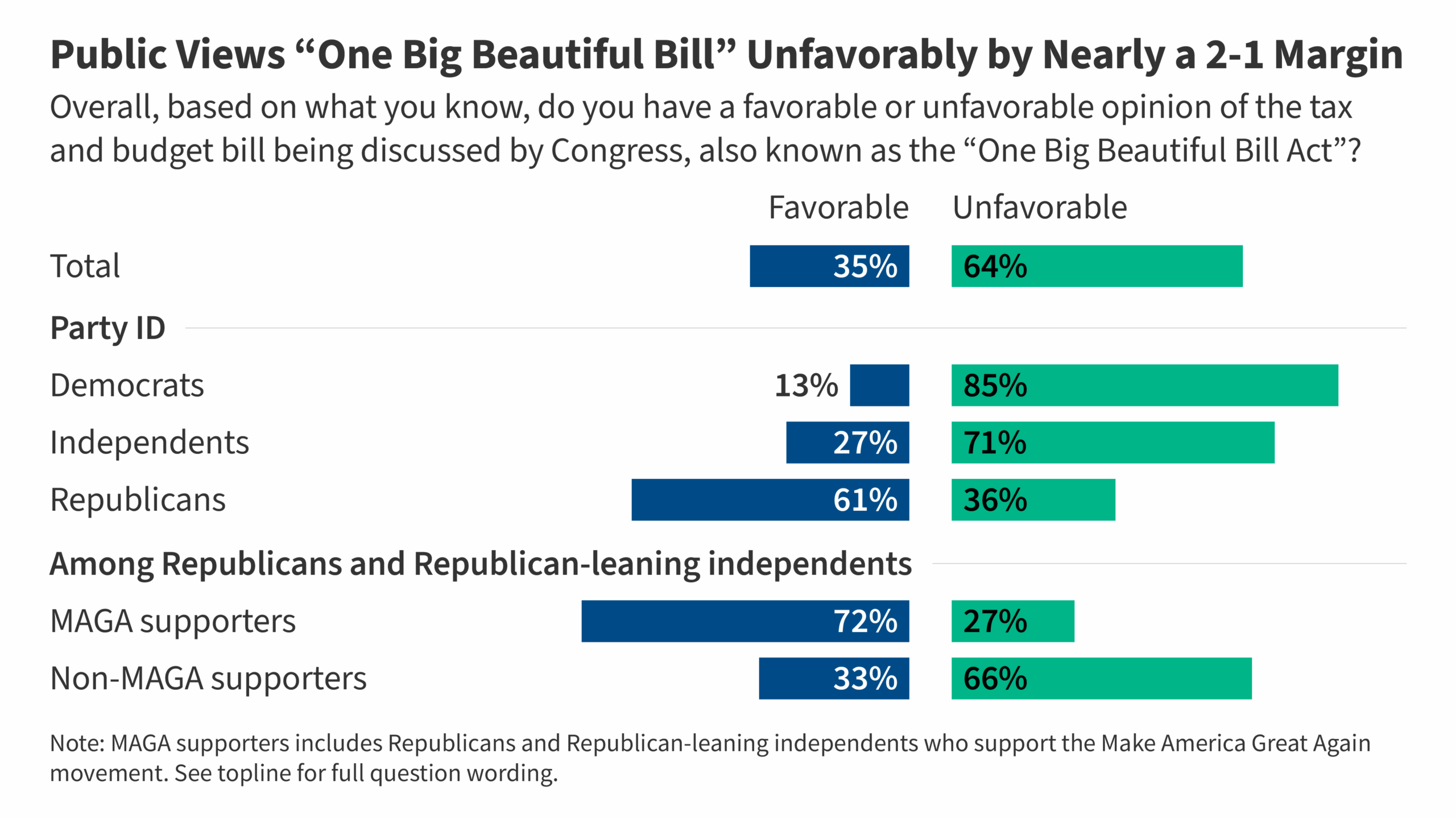A Look into the Impact of the ‘One Big Beautiful’ Bill on Rural Hospitals
In the wake of President Trump’s signing of the controversial ‘One Big Beautiful’ Bill, there were widespread speculations about the potential closure of the rural Mason General Hospital. Especially since this facility found itself listed amongst those at substantial financial risk. It is worth noting, however, the majority of the significant changes which this comprehensive Republican legislation introduces will only commence after the 2026 midterm elections. Despite its delayed effect, the additional pressure it exerts on an already strained healthcare system cannot be overlooked, with adverse impacts expected in the long run.
The ‘One Big Beautiful’ Bill, representing the largest curtailment of federal healthcare ever seen in the US, won’t show its full impact right away. There is an air of uncertainty surrounding the law’s ultimate scope as lawmakers are still delving into the details of the reconciliation bill, enacted recently. Yet, the long-term predictions paint a rather bleak picture of the situation that could develop.
Projections indicate that millions of US citizens, including hundreds of thousands from the state of Washington, could possibly lose their insurance coverage. Hospitals, healthcare providers and particularly those in rural areas could be left financially challenged, potentially leading to cutbacks in service or staff, or even complete shutdowns of facilities.
The state of Washington, which readily welcomed expanded Medicaid programs, is predicted to be one of the most affected areas. The non-profit health policy research organization, KFF, estimates a decline in coverage of about 26% by 2034, in the state. This shift wouldn’t just impact Medicaid’s recipients. A drastic increase in welfare care, as a result of the growing uninsured population, would cause widespread disruptions in the budgets of hospitals, healthcare providers and the state.
Early anticipations by the Congressional Budget Office suggest that about 11.8 million Americans could be without insurance by 2034 due to the ramifications of the ‘One Big Beautiful’ Bill. This legislation partially repeals the Affordable Care Act, a key law that significantly reduced the number of uninsured Americans by expanding access to Medicaid.
The Republican bill aims to fund its tax cuts by minimizing much of the access provided by the Affordable Care Act. There is a forecasted reduction in Medicaid spending by almost $1 trillion over the coming ten years. This significant cut would mainly be accomplished by moving beneficiaries of the program towards work requirements.
Starting from 2027, all Medicaid beneficiaries under the ACA’s expansion will need to provide proof of employment, volunteering, or academic pursuit for at least 80 hours each month or possess an exemption. A vast majority of current Medicaid enrollees are either employed or studying. These prerequisites are not likely to increase the working adult population but are expected to lead to many Medicaid beneficiaries losing their insurance due to non-compliance with process protocols and reporting obligations.
Even when individuals lose their insurance, they will continue to require medical attention. Such uninsured individuals are more likely to receive care only in emergency situations, in hospitals or inpatient units, rather than using cost-effective preventive measure.
Medicaid plays a crucial role in covering a broad range of medical service costs. Rural areas, where enrolment rates are high, particularly benefit from the program. The Mason General Hospital for example, with about a quarter of its patients being Medicaid beneficiaries, is highly reliant on this aid channel. Medicaid recipients are often young working families without employer-provided insurance.
The Republican bill does allocate a temporary $50 billion to a fund meant to maintain rural hospital operations. However, the size of this fund is insufficient to combat the permanent cutbacks to Medicaid and the ACA and adds layers of regulatory complexity.
Hospitals on the Kitsap Peninsula acquire about 11-13% of their annual revenue from Medicaid according to state data. While this percentage is lower than most, it still constitutes a significant income source. With this bill, scores of people would be left without insurance, and finance for behavioral and basic physical health needs would no longer be available.
Despite state leaders’ vows to compensate Planned Parenthood for around $11 million in cuts related to the bill, should a pending lawsuit uphold these cuts, other areas of shortfall persist. The prospect of the state covering all the losses stemming from Medicaid cuts is uncertain. Over the next decade, Washington might experience a Medicaid spending cut of $36 billion, marking the steepest national decrease at 17%.
The legislation’s devastating potential impact on Washingtonians has raised many alarms. There are fears that the burden of these cutbacks, aiming to facilitate tax breaks for the wealthiest Americans, will fall on the most vulnerable citizens. It may lead to widespread loss of healthcare coverage and even result in hospital closures across the state.
There is speculation of forthcoming modifications to the state’s charity care law, which obligates hospitals to provide care regardless of a patient’s ability to pay. However, with the decrement in the uninsured patients aided by the ACA, the state’s charity care program has expanded. As the ACA’s benefits are rolled back and more people lose coverage, hospitals may not sustain the same level of service in the long term. Although emergency services would remain a part of the charity care, the state would need to cover the preventive services’ cost for hospitals.

